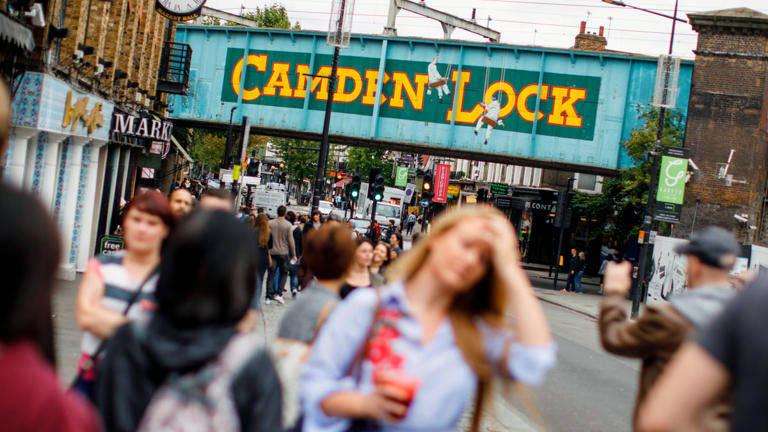Inner London boroughs are set to lose a significant portion of their funding under the government's proposed reforms, according to a new report by the Institute for Fiscal Studies (IFS). This shift in how local authorities are funded aims to address perceived inequalities in core funding across the country, but it will come at a high cost for many councils in the capital, including Tower Hamlets and Croydon.
A recent analysis by the Institute for Fiscal Studies (IFS) reveals that several inner London boroughs, including Tower Hamlets, will experience a sharp reduction in funding for essential services under new government reforms. The changes, which are expected to be phased in over three years from 2026/27, aim to create a new methodology for assessing local authority needs. This new system will consider factors like population and deprivation, as well as the need for adult and children's services. While some outer London boroughs and regions like the East Midlands and Yorkshire & the Humber are set to benefit, many inner London councils face a serious financial squeeze.
The IFS report states that roughly one in four councils nationwide will see a real-terms fall in overall funding, with about 30 councils facing cuts of 11-12%. The analysis confirms earlier concerns that these reforms will have a "devastating impact" on town halls in the capital. Although the government will provide a minimum level of funding, known as a funding floor, the IFS predicts that overall cash for inner London town halls will be 11-12% lower in real terms by 2028-29.
This has sparked concern among local leaders and residents in areas like Tower Hamlets, which has a high rate of poverty when housing costs are factored in. The borough's diverse and growing population relies heavily on council services, and a significant funding cut could severely impact social care, housing support, and other public services.
Meanwhile, Croydon Council, already grappling with financial difficulties, is in a particularly precarious position. The borough has recently struggled with financial stability and has declared itself effectively bankrupt several times. The proposed funding reforms, while potentially benefiting some outer London areas, could exacerbate Croydon's existing challenges, making it even harder for the council to balance its budget and provide adequate services. The council's recent history of financial instability, including its reliance on emergency government bailouts, makes it especially vulnerable to any further reductions in its financial resources.
The London Councils collective has also expressed concern, highlighting that the new funding model could "dramatically underestimate" the true needs of the capital's population, especially in areas with high poverty and complex social challenges. The government maintains that the new system will better align funding with council needs, but critics argue it will disproportionately penalize London, which is set to receive the smallest cash-terms increase in funding (8%) over the next three years compared to other regions.
The Ministry of Housing, Communities and Local Government defends the changes, stating that the current funding system is "outdated" and that the reforms will help councils "get back on their feet and improve public services." However, the path forward for boroughs like Tower Hamlets and Croydon remains uncertain as they prepare for a future with potentially fewer resources.







.svg)
